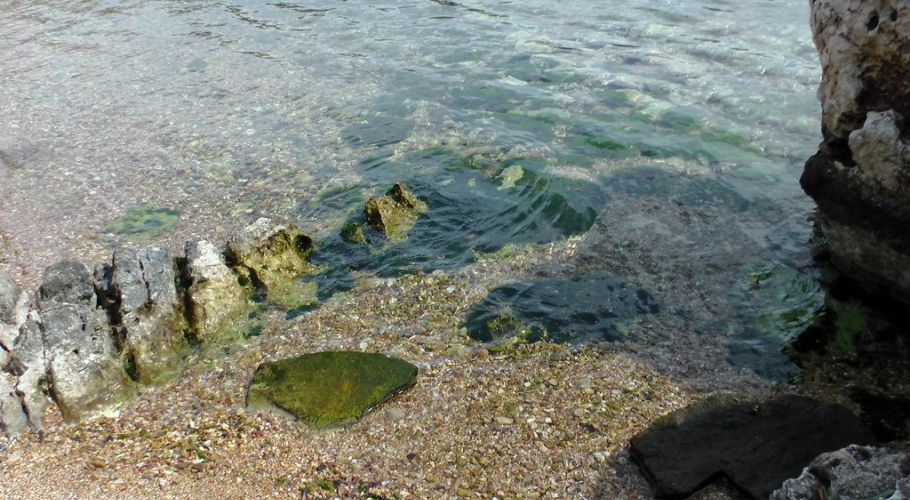The first traces of life on the island date back to the Neolithic era. The first name of the island was Taphos from the son of Ippothois, daughter of Leukadiou Lelegas and Poseidon. As Homer writes, Anchialos, a wise man and cordial friend of Odysseus, ruled in Taphos and later his son Mentes (Athena disguised as Mentes and presented to Telemachus) and they were excellent traders being the only ones who were engaged in metal trading and were competent, brave seamen and sailors competing with Phoenicians.
Some latin writers asserted that the ancient island of Capria (the island of Capri in Italy) used to be a colony of Taphians. In general, from the ancient times up to the historical years, the destiny of Meganisi had always been connected with Lefkada. During the 7th century B.C the island became a Corinthian colony (an artificial channel was first constructed by the Corinthians) and followed in all the important events until the Roman conquest in 197 B.C.
After the fall of Constantinople (1204) to the French, the island was given to Venetians but soon it was incorporated to the dominion of Hepiros. In the year 1294 (until 1479) the island came into the hands of the French and then Meganisi as well as Lefkada fell under Turkish rule until the return of the Venetians in 1684.
In 1797 the islands were passed on to the hands of the French and a year later fell under Russian-Turkish rule. The Eptanesian State was established in 1800 until 1807. The people wanted more democratic rights while Meganisi was always the refuge of rebels, thieves and people chased by the Turks.
From 1807 to 1809 Meganisi was conquered by the imperial French only to fall in the hands of British in 1810. During the greek Revolution in 1821, Meganisi fought actively and in an enthusiastic manner featuring one of the most competent leaders of the Revolution, Demos Tselios (Demetrios or Demos Ferentinos) the well known “Ghero Demo”, which is the title of a traditional, rebellious song (Spartachori, Meganisi 1785 – Agrinio 1854).
Meganisi and Lefkada as well as the rest of the Eptanisa were united with Greece on the 21-05-1864 after the end of the British occupation.








